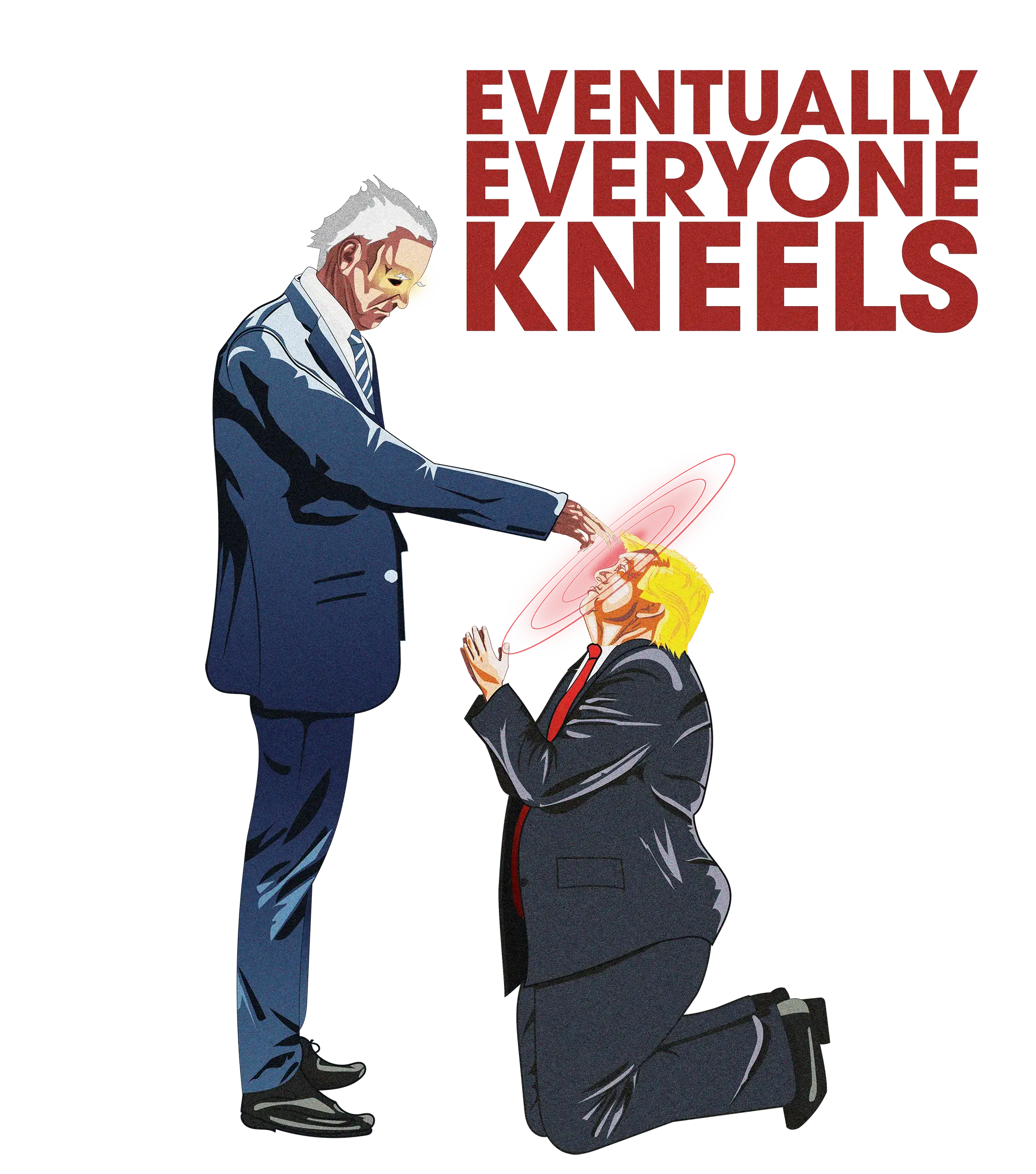The issue at any scale beyond “local store” is that eventually your customers and transactions become impersonal numbers on a sheet. It’s hard to remember the human on the other side when there’s just too many of them for our brain to actually process as such.
At that point, the drive for profit inherent to our system and essential for subsistence can’t be checked by intuitive empathy alone any more. It requires conscious effort, diligent reflection and the will to be customer-friendly.
When the least scrupulous end up having the most money and owning majorities of private companies, it’s hardly any wonder most of them suck.








Was geht mich mei saudumms Gschwätz von gestern an?